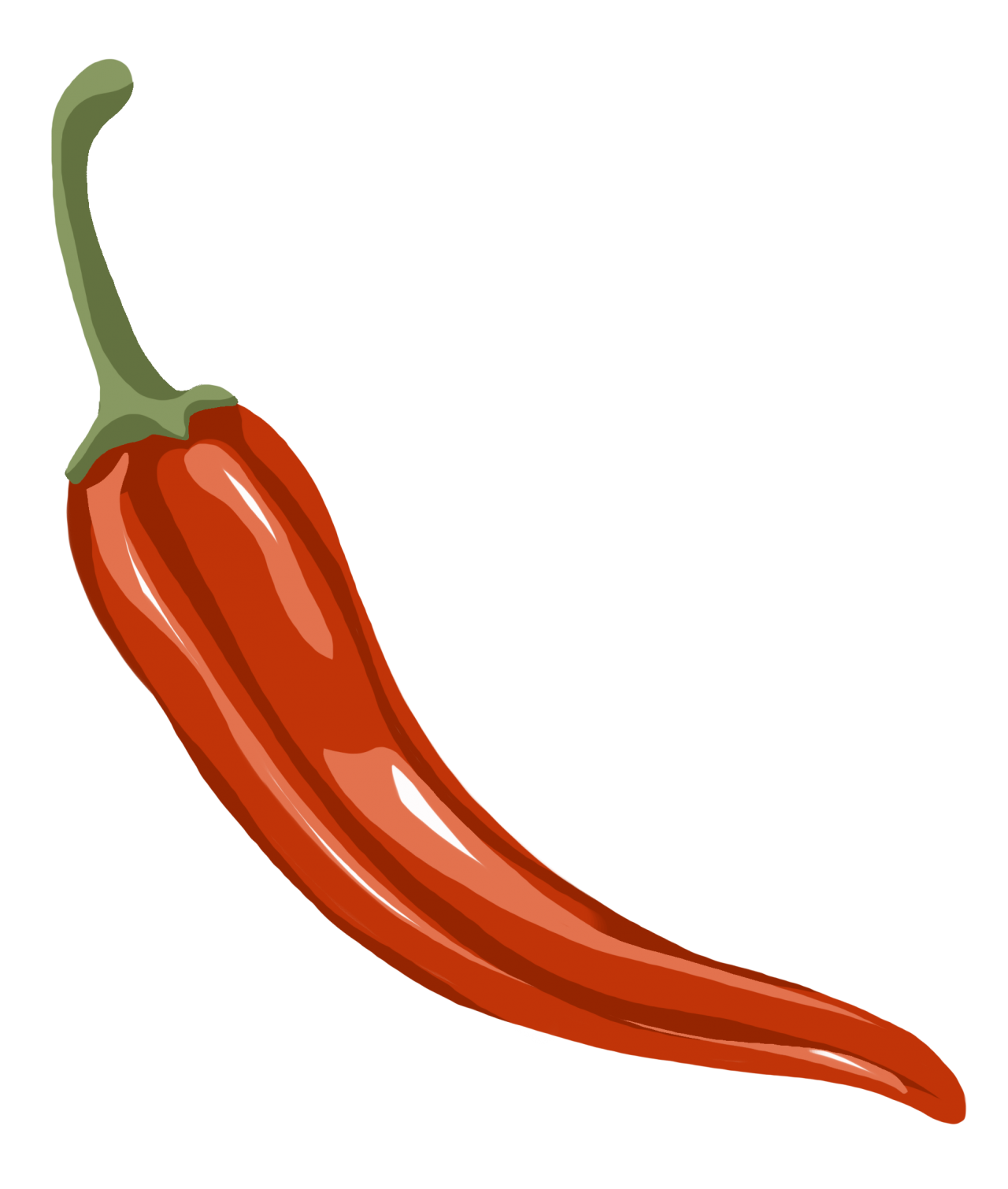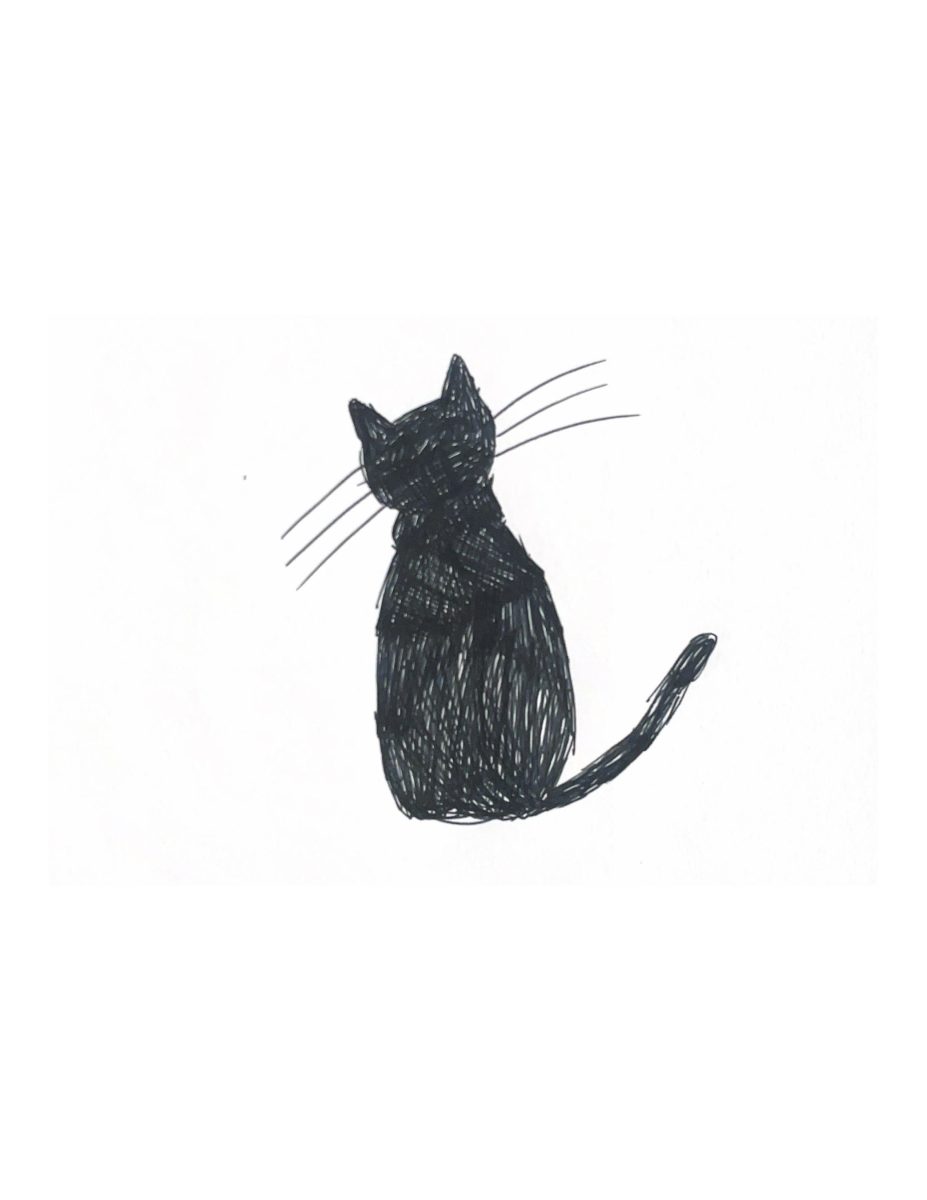Illustration by Andrea Nebhut
When I am at a restaurant that asks how spicy I want the dish to be, I always request for the spiciest option available. And when I’m at Mabee Dining Hall on campus, I always reach for a bottle of Cholula or Sriracha. Why do I seem so masochistic? There are two main reasons: Firstly, I am a firm believer that seasonings drastically improve whatever dish they are in. And secondly, spicy foods are actually quite great for the body. Some things regarding our health, such as our probability of contracting meningitis, human papilloma virus or influenza, we can only control through things like vaccinations (please, for the love of everyone on this campus, go get a flu shot!), but at every meal we can make a bit of a difference with just a little bit of chili flakes.
For those with heart concerns, according to the University of Pennsylvania, people who eat red chili peppers have been shown to have lower levels of low-density lipoprotein (LDL), which has often been called the “bad cholesterol.” Therefore, getting some peppers into your diet can further prevent the likelihood of heart disease. If you are worried about the “first-year fifteen” or just want to work out more and get in shape, capsaicin, which is what creates the burning sensation on your tongue when you eat a chili pepper, can help boost your metabolism (albeit to a minor extent), allowing you to burn more calories both while exercising and when your body is at rest. So consider a bit of Tabasco sauce to pair with your favorite meal! For those of us with abdominal pain, whenever we eat lots of spicy food, a chemical called anandamide is produced in the gastrointestinal tract. Anandamide has been shown to calm gut inflammation — including inflammation caused by conditions like ulcerative colitis and Crohn’s disease — potentially leading to a healthier GI tract and fewer stomachaches.
Please note that the capsaicin in your peppers is no cure-all, and any positive effects peppers may have on your well-being can be overshadowed by pairing them with fast and excessively fatty foods. Also, do not push your spice tolerance too quickly because no one wants to see you with teary eyes, swollen lips and excessive mucus dribbling down your nostrils while we are trying to enjoy our own meals blessed by the presence of Cholula. Take it slow, but I hope you will view my column as a gentle push to enjoy the little spices in life.
P.S. If you do have any congestion in your sinuses and/or nose, eat something with a tablespoon or so of Chinese spicy mustard (available at literally any Chinese restaurant), and you will be able to breathe again. I recommend pairing it with spring rolls.






